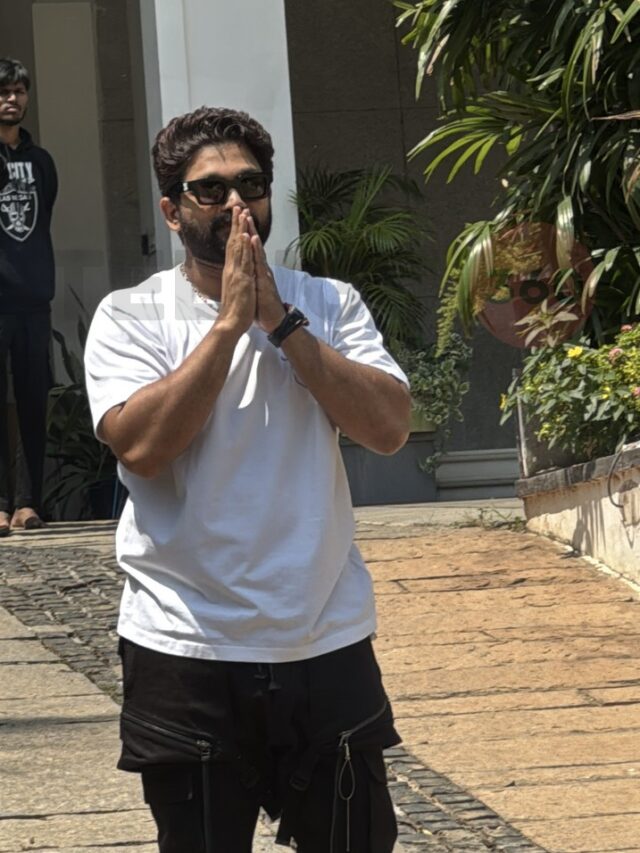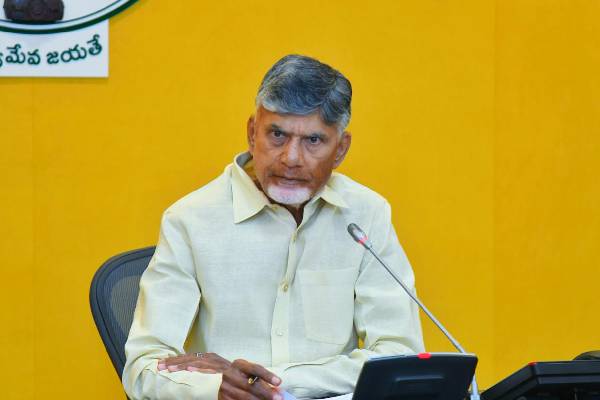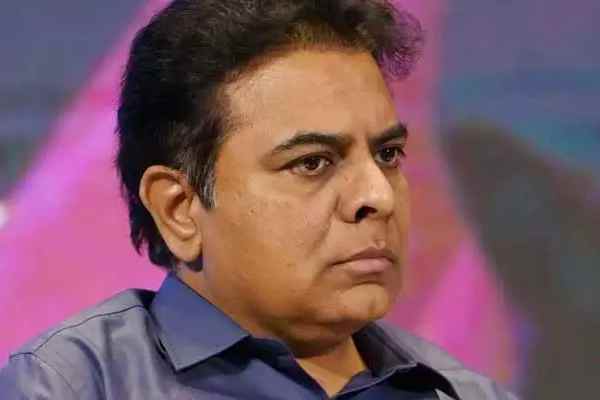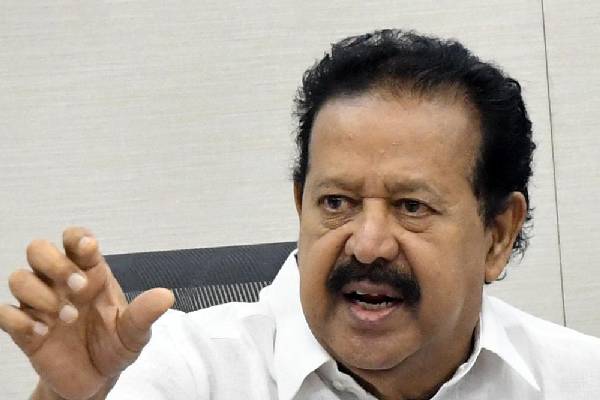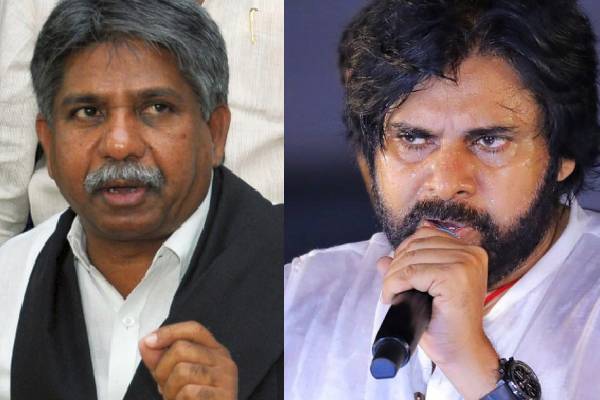Cult leaders differ from traditional political figures in that they command unwavering loyalty from their followers, who support their actions and decisions no matter what. These leaders often inspire fierce devotion and can influence their supporters to engage in intense advocacy, debates, and even occasional unrest.
In the Telugu states, three notable figures have stood out as cult leaders in the last 3 decades:
Manda Krishna,
K. Chandrashekar Rao (KCR), and
Pawan Kalyan.
Manda Krishna:
Manda Krishna emerged as a significant cult leader in the 1990s, primarily within the Madiga community. His followers were passionately committed to his cause, which centered on dividing Scheduled Caste (SC) reservations into categories based on the population of sub-castes. This movement aimed to ensure fair representation and benefits for smaller sub-castes within the SC category. His influence was so strong that his followers sometimes resorted to minor violence when they felt political entities were obstructing their leader’s goals. Manda Krishna’s movement succeeded temporarily, with SC categorization implemented for a few years before being abolished by a court verdict. As the issue faded, so did Krishna’s prominence.
K. Chandrashekar Rao (KCR):
K. Chandrashekar Rao, or KCR, became a cult leader for the people of Telangana during the movement for statehood. During the peak of this movement, KCR’s followers were fiercely loyal, and any criticism against him was met with staunch defense. His leadership culminated in the creation of the state of Telangana, achieving the primary goal of his movement. However, despite his success, KCR’s party now faces challenges in maintaining its dominance in the state.
Pawan Kalyan:
Pawan Kalyan’s journey as a cult leader began even before his political career. Known as a popular film actor, he retained a massive fan base despite experiencing a series of flops at the box office for over a decade. When he transitioned into politics, he brought his loyal fan base along, transforming them into cadres for his party, Jana Sena. Over ten years, he successfully mobilized his supporters, even convincing them to back his alliances with various political entities, including the Communists and the BJP. In the 2024 elections, Pawan’s strategic decision to contest only 21 out of 175 seats and transfer his votes to TDP resulted in a sweeping victory, earning him the position of Deputy Chief Minister of Andhra Pradesh.
Chandra Babu Naidu’s Political Acumen: Allying with Cult Leaders During Their Peak
Chandra Babu Naidu, though not a cult leader himself, has adeptly collaborated with all three cult leaders during their peak periods, earning him the reputation of a master strategist. Naidu supported Manda Krishna’s movement, helping him achieve his goal of SC categorization in the 90s. In 2009, he allied with KCR, although the alliance did not yield the desired electoral success. Nonetheless, Naidu commanded great respect from KCR during that period. In the 2024 elections, his alliance with Pawan Kalyan proved to be a formidable combination, as they successfully defeated their opponents, securing 164 out of 175 seats.
Cult leaders in the Telugu states have demonstrated the power of unwavering support and the ability to mobilize their followers toward achieving significant political goals. Manda Krishna, KCR, and Pawan Kalyan have all left their mark on the region’s political landscape. Meanwhile, Chandra Babu Naidu’s strategic alliances with these leaders highlight his political acumen and adaptability. The dynamics of cult leadership and strategic partnerships continue to shape the political environment in Andhra Pradesh and Telangana.














